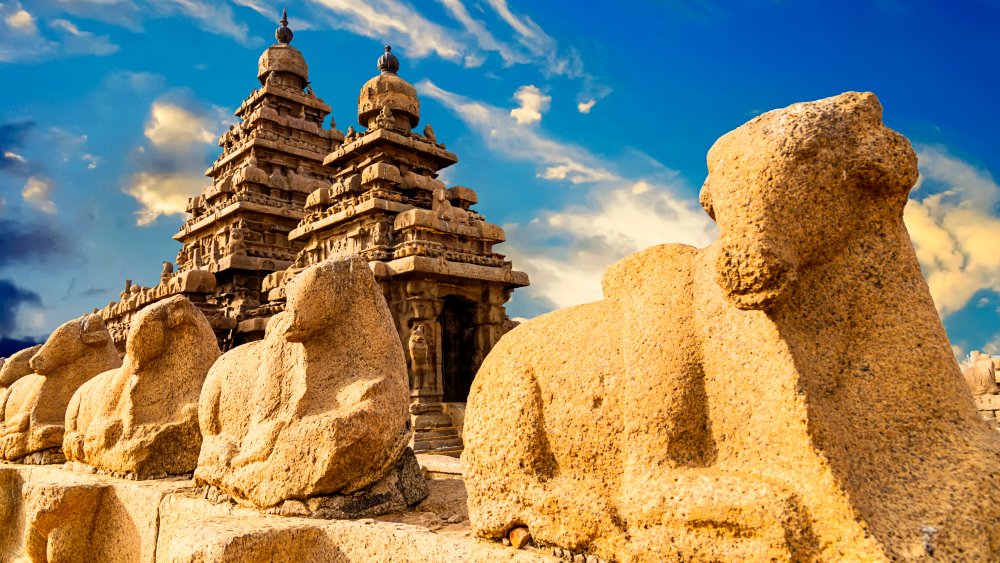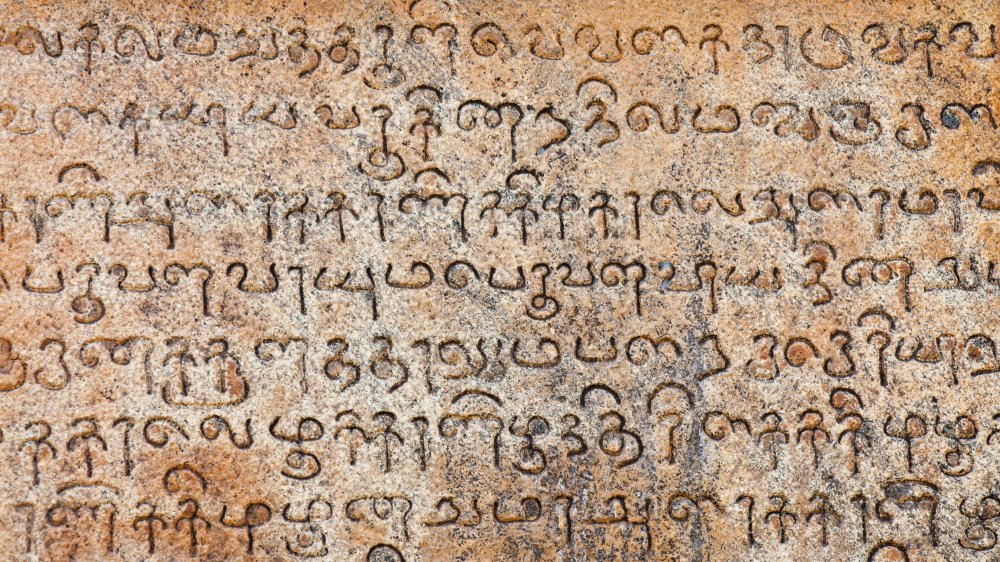This Is The Oldest Living Language In The World
Lewis Carroll was actually Charles Dodgson, an Anglican cleric, a mathematician, and a man who took great delight in the play of words. His interests are keenly visible in his book Alice's Adventures in Wonderland, and even more so in its sequel, Through the Looking Glass, wherein nursery rhyme character Humpty Dumpty scornfully informs Alice, "When I use a word ... it means just what I choose it to mean — neither more nor less."
Humpty was onto something, there. Words are important, and languages shift and change. Languages also grow, as seen in March 2019 when the Oxford English Dictionary added the noun archicembalo: "Any of various types of harpsichord having more than twelve keys to the octave and therefore capable of producing intervals smaller than a semitone." You were wondering, right?
Just how far back does language itself go, though? One way to examine this is through the written record, which provides at least some semblance of truth for those bunches of words competing for the title of "World's Oldest Living Language." (There might be a trophy of some kind involved). And the descriptor "living" is crucial. As the Linguistic Society of America explains, a language is considered dead when it's no longer spoken in the form found in ancient writings. Often, they've evolved, as seen when Middle English became Modern English, or Latin turned into contemporary Italian, French, and Spanish).
Many scholars believe the oldest living language is Tamil
Sometimes an entire language disappears entirely, because it's oral, and the last living person who knows the secret meanings of its words dies. Many ancient languages have died in the genocide of native peoples around the globe. New Republic reports that as many as a third of Native American languages in use as recently as twenty years ago have been lost forever. Language extinction is very real.
So what is known about the antiquity of languages that have a written history, yet are still in use today? There are a few candidates for the title, and it should come as no surprise that some of them come from Asia. According to Egypt Today, there is ancient Egyptian Coptic, which survives mostly as a ritual language, as it is used in religious ceremonies, but very few people are fluent today: even though it dates back around 3,400 years, it doesn't really count. Chinese, spoken as a first language by some 1.2 billion people, says India Today, has roots in the Shang Dynasty, dating back to about 1250 BCE.
Nearly everyone agrees that the language that deserves the title is Tamil, spoken today in India (and elsewhere) by tens of millions of people. Asia Times calls Tamil "the most ancient literature-enriched language." It's considered an official language, not only of India, but also Sri Lanka and Singapore. The United States itself has a "significant" Tamil-speaking minority. As for the written record? It dates back to around 2500 BCE.

